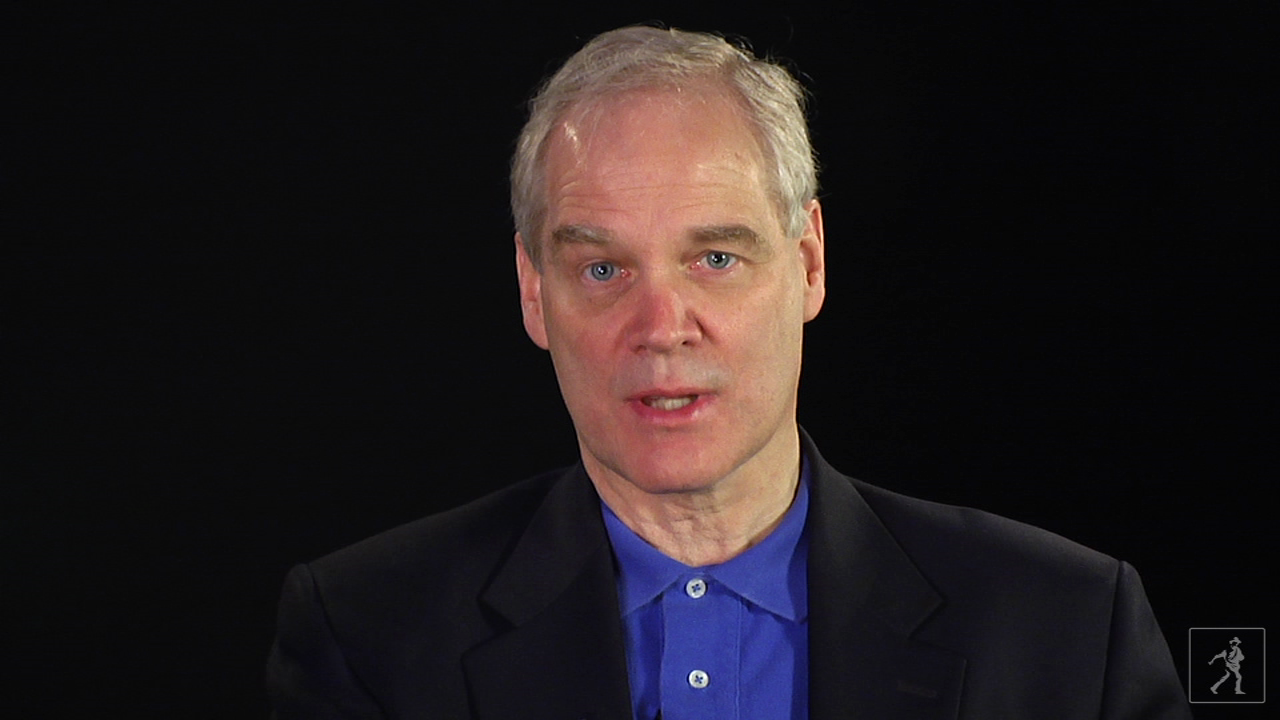Get our latest book recommendations, author news, competitions, offers, and other information right to your inbox.
Table of Contents
About The Book
Mark didn't ask to move to New Hampshire. Or to go to a hick school like Hardy Elementary. And he certainly didn't request Mr. Maxwell as his teacher. Mr. Maxwell doesn't like rich kids, or slackers, or know-it-alls. And he's decided that Mark is all of those things. Now the whole school is headed out for a week of camping -- Hardy's famous Week in the Woods. At first it sounds dumb, but then Mark begins to open up to life in the country, and he decides it might be okay to learn something new. It might even be fun. But things go all wrong for Mark. The Week in the Woods is not what anyone planned. Especially not Mr. Maxwell. With his uncanny knack to reach right to the heart of kids, Andrew Clements asks -- and answers -- questions about first impressions, fairness, loyalty, and courage -- and exactly what it takes to spend a Week in the Woods.
Reading Group Guide
Get a FREE ebook by joining our mailing list today! Get our latest book recommendations, author news, competitions, offers, and other information right to your inbox.
By clicking 'Sign me up' I confirm that I'd like to receive updates, special offers, including partner offers, and other information from Simon & Schuster Inc. and the Simon & Schuster family of companies. I understand I can change my preference through my account settings or unsubscribe directly from any marketing communications at any time. We will send you an email with instructions on how to redeem your free ebook, and associated terms.
A Week in the Woods About the Book Mark Chelmsley is not going to try anymore. He’s not going to adjust to his new house in New Hampshire. He’s not going to make friends at his new public school. And he is not going to get excited about the highlight of the fifth-grade year—a week-long trip to Gray’s Notch State Park—even when his science teacher, Mr. Maxwell, offers him encouragement. Still, as Mark snowshoes through the woods, camps in a century-old barn, and watches the snowy winter melt into spring, he forges his own connection with this new place. He begins to feel happy and to make an effort in school. Mr. Maxwell, however, is not ready to forgive the kid he sees as a spoiled slacker. When he catches Mark with a knife on the first day of the trip, discipline is fast and furious. Mark, unwilling to admit he is taking the blame for a friend, stalks into the forest, where a few wrong turns get him dangerously lost. Mr. Maxwell realizes what has happened and rushes heedlessly after Mark, injuring his ankle. As chill night falls, the two find each other. With the benefit of Mark’s supplies and his teacher’s navigational skills, they return to camp. More importantly, they find a way to forgive one another. Safe once more, Mark realizes that his week in the woods has taught him the lesson of a lifetime. Discussion Topics 1. Why do you think Mr. Maxwell enjoys preparing for “the Week in the Woods”? Why are most Whitson students looking forward to the trip? Is Mark looking forward to the trip? Do you think you would enjoy such a trip? Explain your answers. 2. How does Mark feel about his parents? How does he feel about Anya and Leon? How does he feel about leaving Scarsdale to move to New Hampshire midway through the school year? 3. What do the teachers and students at the elementary school in Whitson think of Mark at the beginning of the story? List some reasons for the impressions they have of him. Are their impressions correct? 4. At the beginning of chapter six, Mr. Maxwell describes his strategies for dealing with students. What do you think of these rules? Do you think they are good rules? What suggestions might you give Mr. Maxwell for making his class exciting and keeping his students involved and disciplined? 5. What things does Mark do to upset Mr. Maxwell? Is he trying to upset Mr. Maxwell? What is Mark trying to do? How does Mr. Maxwell try to reach out to him? Is Mr. Maxwell successful? 6. During the first two weeks in New Hampshire, Mark had explored the grounds and barn on his family’s property. He had also “ . . . found his own sense of time—time present—and he had discovered how much this time was worth.” What does Andrew Clements mean by “time present”? Why is this discovery so important for Mark? 7. What are some things Mark learns from his camping experiments around his home? As he watches winter change to spring, what changes does Mark make in his behavior at school? 8. Why does Mark decide to take the blame for Jason’s bringing a knife on the camping trip? Why does Mr. Maxwell react so strongly when he believes Mark has broken the rules? 9. Why does Mark really head out into the woods? What does he think he will prove? Is he making a good decision? 10. How does Mr. Maxwell feel about Mark’s disappearance? What does he do? What mistakes does he make? 11. How do Mr. Maxwell and Mark make it back to the campground? What have they learned about each other in the course of their ordeal? 12. Why does Mark want his father to bring the penny from the radiator up to New Hampshire? What does this mean about the way he feels about his new home? 13. In chapter two, the author notes that “…when it came to Mark Robert Chelmsley and his future, things weren’t discussed. They were decided.” What does he mean by this? Is this statement still true at the end of the story? Why or why not? Activities and Research 1. Has your family ever moved or have you had a good friend move away? Write a short story describing one of these experiences. Include details about the why, when, and where of the move as well as how you felt about it and something you learned. Illustrate your story with photographs or drawings. Share your story with a friend or classmate. 2. In the course of the novel, Mark develops a new appreciation for the outdoors. Experience nature in a fresh, new way. Get up early to watch the sunrise, spend a quiet lunch hour observing the plants and animals in a local park, or host a backyard sleepover during which you study the night sky. Afterward, make a list of five new things you noticed about nature in the course of your activity. If desired, create a display box filled with artifacts such as stones, leaves, pressed flowers, sketches, or photographs collected during your outdoor adventure. 3. Go to your local library or online, or page through sporting goods catalogues, to find out more about hiking and camping staples. Then create a wish list of camping supplies. What would you buy if you had a budget of $100, $500, or another amount? Make a poster displaying images of your chosen camping supplies along with notes about why they are necessary and in what ways they might be used. 4. Mark seems to do everything wrong when he arrives at the public elementary school in Whitson. Imagine that you are a student at Whitson. You have decided to befriend Mark. Write the script for a scene (or a few paragraphs of dialogue) in which you try to help Mark adjust to his new school and give him some pointers on making friends. Perform your scene, having a friend read Mark’s lines while you read yours. 5. Every year Mr. Maxwell looks forward to the "Week in the Woods". On your own, or with classmates, plan a day-long or week-long outdoor adventure. Where would you go? Collect information about your destination from travel brochures, books, or Web sites. Find a map of the area on which to chart your trip. Make a schedule of activities, such as collecting nature specimens, stargazing, or telling ghost stories. Make a list of important items participants should pack and bring. Compile your research into a trip brochure. If possible, type your brochure on the computer, adding interesting fonts and graphics. 6. Draw a picture of the place you feel most at home. It could be your bedroom or family room, a tree house or play area, or even a spot at a grandparent’s or friend’s place. Tape or glue your picture on a larger sheet of colored paper to create a frame. Fill the colored border with words that make you think of home. 7. Imagine that you are Mark Chelmsley. In the character of Mark, write a journal entry describing how you feel arriving at your new house, sleeping alone in the old barn, getting caught with Jason’s knife, or getting lost in the woods. 8. Try using a compass and map to find your way through a park or playground. Then write directions from the entrance of the park or playground to a specific place such as a climbing structure or stand of trees. For example: “From the entrance gate, walk forty feet west, then turn east and continue on for ten feet.” Have a friend try to follow your directions with their own compass and map. Go to the library or online to learn more about the sport and skill of orienteering. 9. Create a welcome packet for new students coming to your school. Include such items as a school map, daily schedule, cafeteria menu, a sketch of your school mascot, and a list of available teams, clubs and activities. Write a welcome letter. Decorate folder with drawings, photographs, and stickers in your school colors, and then put your welcome letter and the other information inside. This reading group guide has been provided by Simon & Schuster Children’s Publishing for classroom, library, and reading group use. It may be reproduced in its entirety or excerpted for these purposes.
Product Details
- Publisher: Simon & Schuster Books for Young Readers (September 20, 2002)
- Length: 160 pages
- ISBN13: 9780689859748
- Ages: 9 - 13
Browse Related Books
Raves and Reviews
School Library Journal This one will be a popular choice, particularly with fans of Gary Paulsen and Jean Craighead George.
Awards and Honors
- ILA/CBC Children's Choices
- California Young Reader Medal Nominee
- Land of Enchantment RoadRunner Award Nominee (NM)
- Kentucky Bluegrass Award
- Golden Sower Award Nominee (NE)
- Keystone to Reading Book Award (PA)
Resources and Downloads
High Resolution Images
- Book Cover Image (jpg): A Week in the Woods eBook 9780689859748
- Author Photo (jpg): Andrew Clements Photo Credit:(0.1 MB)
Any use of an author photo must include its respective photo credit



















